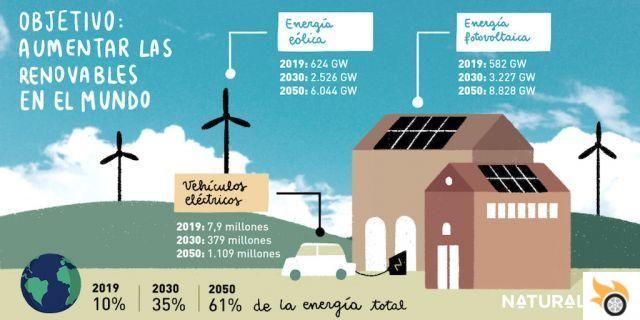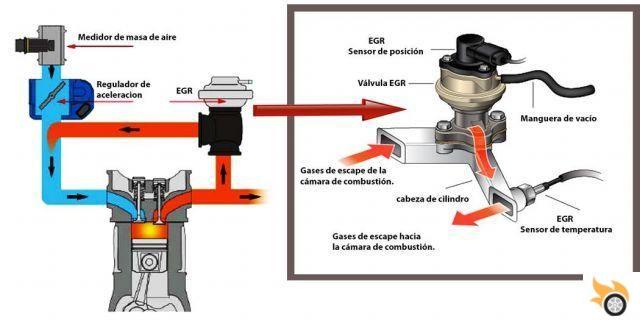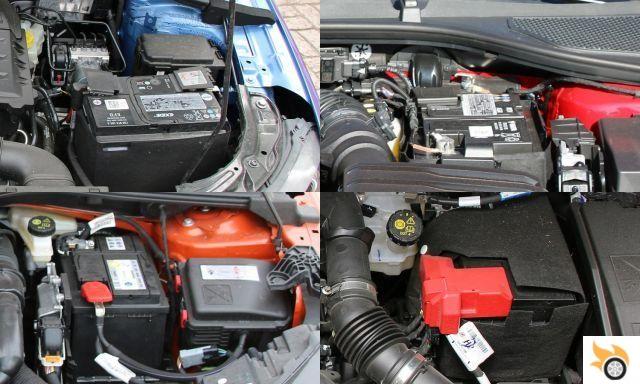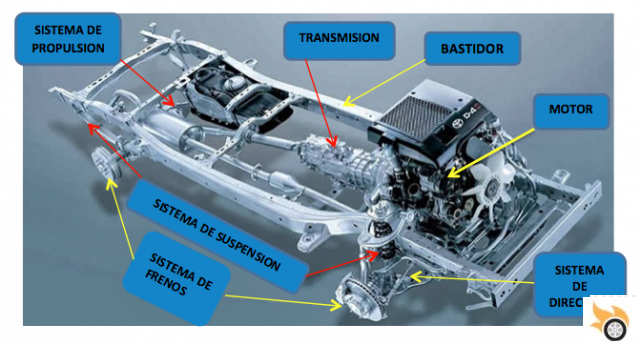
Introduction
Welcome to Pistonudos.com, where we are passionate about staying informed about advances in energy and society. In this article, we will explore the concept of decarbonization, its main keys and objectives, as well as its importance in the energy and social fields. We will also look at how decarbonization is achieved and what causes its implementation. Read on to find out more about this topic that is so relevant today!
What is Decarbonization?
Decarbonization refers to the process of reducing or eliminating the emission of greenhouse gases, especially carbon dioxide (CO2), in the production and consumption of energy. The main objective of decarbonization is to combat climate change and its negative effects on the environment and human health.
Keys to Decarbonization
There are several important keys to understanding decarbonisation:
- Transition to renewable energy sources: Decarbonization involves gradually moving away from fossil fuels and adopting renewable energy sources, such as solar, wind, hydroelectric, and geothermal.
- Greater energy efficiency: Energy efficiency is essential to reduce energy demand and minimize CO2 emissions. This implies the use of more efficient technologies and the optimization of industrial and residential processes.
- Electrification of key sectors: Decarbonisation also implies the electrification of key sectors, such as transport and heating, to reduce dependence on fossil fuels.
- Technological innovation: Research and development of new technologies play a crucial role in decarbonization. This includes the development of battery energy storage, carbon capture and storage systems, and smart energy management solutions.
Decarbonization Objectives
The objectives of decarbonization are multiple and cover different areas:
- Reduction of CO2 emissions: The main objective is to reduce CO2 emissions to limit global warming and avoid the worst effects of climate change.
- Improving air quality: Decarbonization also aims to improve air quality by reducing air pollution caused by burning fossil fuels.
- Job creation and economic development: The transition to a low carbon economy can create new jobs and economic opportunities in sectors such as renewable energy and energy efficiency.
- Promotion of sustainability: Decarbonization seeks to promote a sustainable development model that guarantees the availability of resources for future generations.
How is Decarbonization achieved?
Decarbonization is achieved through a combination of policies, technologies, and changes in consumption patterns:
- Policies and Regulations: Governments and international organizations implement policies and regulations to encourage the adoption of renewable energy, promote energy efficiency, and set limits on CO2 emissions.
- Investment in renewable energy: Investment in renewable energy, such as the installation of solar farms and wind farms, is essential to increase clean energy generation capacity.
- Transition to electric mobility: The adoption of electric vehicles and the expansion of charging infrastructure are key steps to decarbonise the transport sector.
- Awareness and behavior change: Education and awareness about the importance of decarbonization are essential to promote changes in consumption patterns and encourage the adoption of more sustainable practices.
Importance of Decarbonization
Decarbonization is vitally important for the following reasons:
- Combat climate change: Decarbonization is a key strategy to reduce greenhouse gas emissions and limit global warming, which contributes to curbing climate change.
- Improvement of human health: The reduction of air pollution derived from decarbonization has a positive impact on human health, since it reduces cases of respiratory and cardiovascular diseases.
- Energy stability: Diversifying energy sources and reducing dependence on fossil fuels increase energy stability and decrease vulnerability to fluctuations in oil and gas prices.
- Job creation and economic development: The transition to a low-carbon economy can create jobs in emerging sectors and promote sustainable economic development.
Road to Decarbonization
The road to decarbonization is a complex challenge that requires the collaboration of different actors:
- Governments and public policies: Governments must establish policies and regulations that encourage decarbonization and provide incentives for the adoption of clean technologies.
- Business and private sector: Businesses play a critical role in decarbonization by investing in clean technologies, reducing their carbon footprint, and promoting sustainable practices.
- Civil society and awareness: Civil society has an important role in decarbonization by demanding changes and adopting more sustainable practices in their daily lives.
- Technological innovation and development: Research and development of new technologies are essential to accelerate decarbonization and overcome technical and economic challenges.
Frequently Asked Questions (FAQs)
1. What is the time frame to achieve decarbonization?
There is no single deadline to achieve decarbonization, as it depends on various factors, such as political will, the availability of clean technologies and investment capacity. However, many countries and international organizations have set long-term goals to achieve carbon neutrality, generally by the middle or end of the XNUMXst century.
2. What challenges does decarbonisation face?
Decarbonization faces several challenges, including:
- Economic costs: The transition to a low carbon economy may require significant investments in infrastructure and clean technologies.
- Renewable energy intermittency: Renewable energy sources, such as solar and wind, are intermittent and dependent on weather conditions, which poses challenges in terms of energy storage and management.
- Resistance to change: Some sectors and interest groups may resist decarbonization due to economic interests or lack of awareness about the importance of change.
Conclusion
In short, the decarbon


























